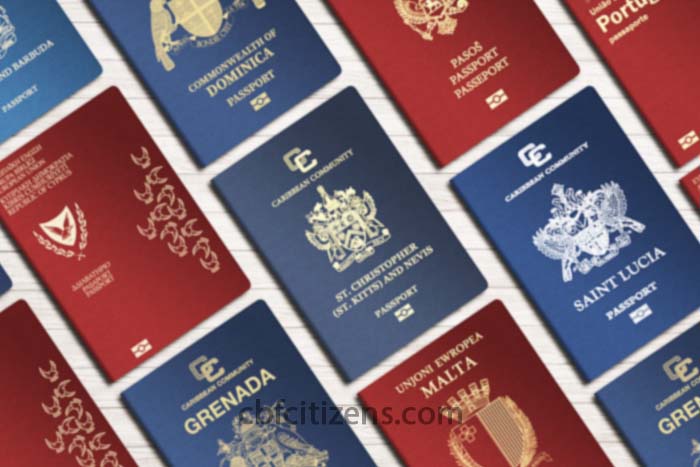Turkey is situated right between Europe and the Middle East, thereby making it a place of mass appeal as it is influenced by both…

Turkey, straddling the crossroads of Europe and Asia, captivates with its rich tapestry of history, diverse landscapes, and vibrant cultural heritage. From the bustling streets of Istanbul, where East meets West amidst ancient mosques and modern skyscrapers, to the surreal landscapes of Cappadocia, renowned for its fairy chimneys and hot air balloon-filled skies, Turkey offers a journey through time and geography. Its Mediterranean coastline boasts azure waters and sandy beaches, while inland regions feature rugged mountains and fertile plains. Turkish cuisine delights with its flavorsome kebabs, mezze spreads, and sweet baklava, reflecting centuries of culinary traditions influenced by Ottoman, Greek, and Middle Eastern cuisines. Beyond its natural and gastronomic wonders, Turkey’s warm hospitality and archaeological treasures such as Ephesus and Troy create an unforgettable mosaic of experiences for visitors and residents alike.
Housing:
Turkey offers a wide variety of housing options, with prices varying based on location, property type, and proximity to major cities. In urban hubs like Istanbul, Ankara, and Izmir, rental prices tend to be higher, especially in central districts or trendy neighborhoods. However, more affordable housing options are available in suburban areas or smaller cities. Property ownership is accessible to foreigners with some restrictions, and property prices are often more affordable compared to many European countries, making Turkey an attractive option for those looking to buy real estate.
Utilities and Services:
Utilities such as electricity, water, heating, and internet are generally reasonably priced. While the quality of infrastructure can vary across regions, urban areas typically offer modern amenities and efficient services. Internet and mobile phone coverage is widespread, with competitive pricing on mobile data and broadband plans. Public services, including healthcare and education, are subsidized by the government, helping to keep the cost of living relatively low.
Groceries and Dining:
Turkey is known for its rich culinary tradition, offering fresh, locally sourced ingredients at affordable prices. Local markets are an excellent place to buy fruits, vegetables, meats, and dairy products at reasonable prices. Dining out ranges from budget-friendly kebab shops and traditional eateries to high-end restaurants serving both Turkish and international cuisine. Eating out is a social experience, often accompanied by tea or Turkish coffee, adding to the cultural richness of daily life.
Healthcare:
Turkey’s healthcare system is a blend of public and private providers. Public healthcare is accessible and offers decent quality, especially in cities, while private healthcare facilities offer higher standards of care, shorter wait times, and more personalized service. Many expatriates opt for private health insurance, which provides additional coverage and access to better facilities. Both residents and expatriates can utilize the public and private healthcare systems.
Education:
Education in Turkey is compulsory for children aged 6 to 18, and public schools are free of charge. The country has a variety of public, private, and international schools that offer different curricula and languages of instruction. Higher education is also well-established, with public universities charging low tuition fees compared to Western countries. Turkey’s universities attract international students seeking quality education at affordable rates, with programs in various fields.
Transportation:
Turkey boasts a well-developed transportation network that includes buses, metro systems, trams, and ferries in major cities. Istanbul has an extensive public transportation system, including metro lines and ferries that efficiently connect different parts of the city. For inter-city travel, long-distance buses and domestic flights are widely available, making it easy to explore the country’s many regions. Taxis and ride-sharing services are also readily available in urban centers, providing additional transportation flexibility.
Community and Lifestyle:
Turkish society is built on strong family ties, hospitality, and community involvement. Social gatherings often take place in tea houses (çay evi) and coffee shops (kahvehane), where locals meet to play games, discuss current events, and socialize. Community events and family gatherings are central to Turkish life, reflecting the importance of close-knit relationships and tradition.
Leisure and Recreation:
Turkey’s diverse landscapes offer a wide range of recreational opportunities, from hiking in the mountains to swimming and boating along the Mediterranean and Aegean coasts. The country’s stunning beaches and cultural richness provide endless opportunities for both adventure and relaxation. For those interested in history, Turkey’s vast array of historical sites, museums, and art galleries showcase its deep cultural heritage, from ancient ruins to Ottoman palaces.
Culinary Scene:
Turkish cuisine is a highlight of living in Turkey, with dishes influenced by Ottoman, Mediterranean, Middle Eastern, and Balkan culinary traditions. Common dishes include kebabs, mezes (appetizers), pilafs, and desserts such as baklava and Turkish delight. Meals in Turkey are often enjoyed with family and friends, reflecting the country’s emphasis on hospitality and the joy of sharing food.
Economic Factors:
Turkey’s economy faces challenges such as inflation, currency fluctuations, and occasional political instability. These factors can affect the cost of living, employment opportunities, and overall economic stability, requiring residents and expatriates to adapt to changing financial circumstances.
Bureaucracy:
Navigating bureaucratic processes in Turkey, such as obtaining residency permits, work visas, or setting up a business, can be complex and time-consuming. Understanding local laws and procedures is essential for expatriates and newcomers, as local regulations may differ significantly from those in other countries.
Language Barrier:
While Turkish is the official language, English is widely spoken in tourist areas and by younger generations, especially in major cities. However, learning basic Turkish phrases is beneficial, particularly in rural areas or less touristy regions, and can enhance cultural integration and day-to-day interactions.
In summary, living in Turkey offers a diverse and culturally rich lifestyle, with a relatively low cost of living and excellent opportunities for both relaxation and exploration. From its affordable healthcare and education systems to its vibrant social life and stunning landscapes, Turkey provides an appealing blend of modern conveniences and traditional values for those seeking to experience life in this dynamic country.


